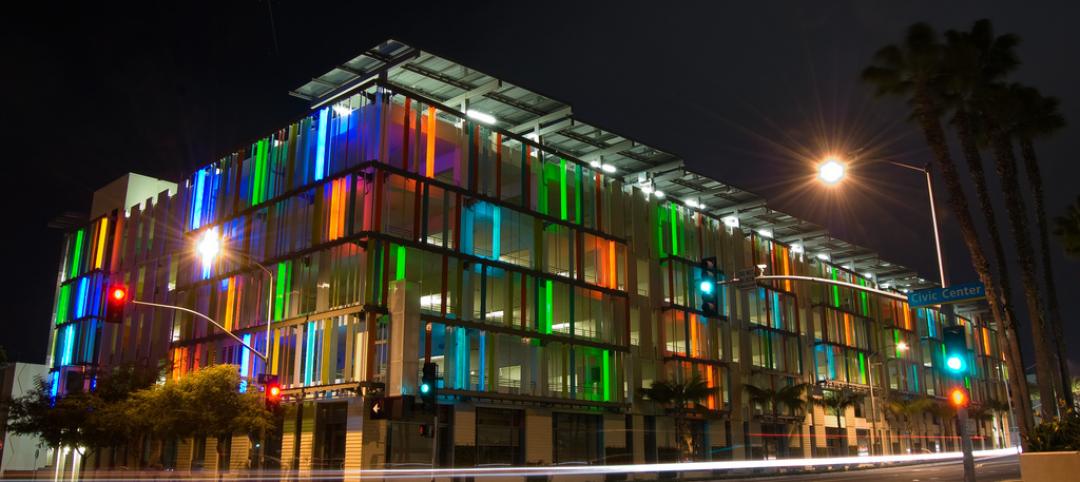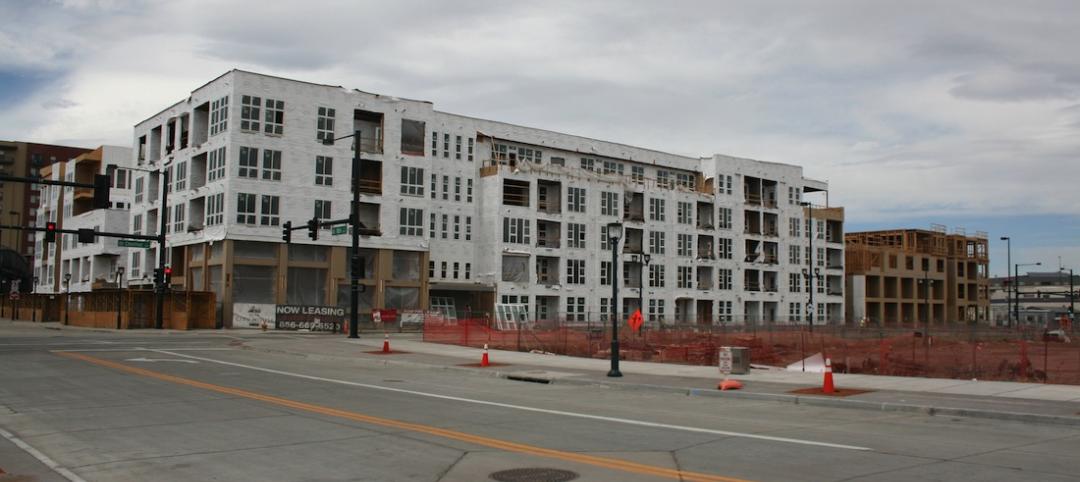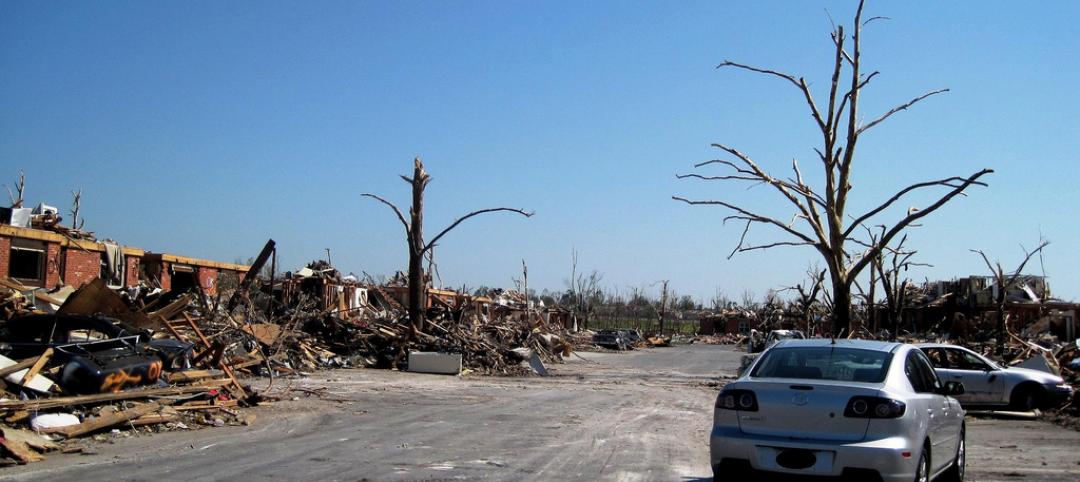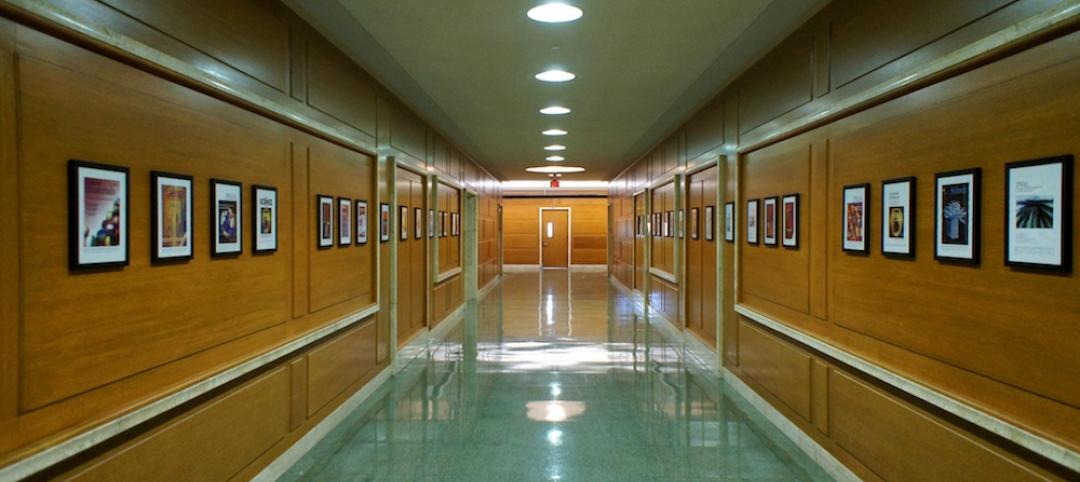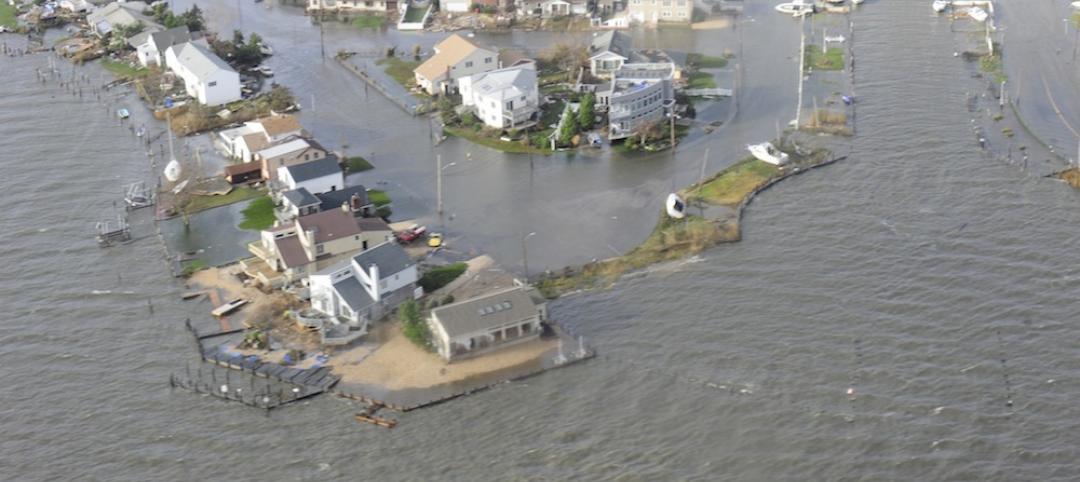Two years ago, a plan to create a smart city project along Toronto’s waterfront was unveiled with great fanfare.
Since then, the proposal, spearheaded by Sidewalk Labs, a subsidiary of Alphabet (Google’s parent company) has prompted extensive public criticism and a lawsuit by the Canadian Civil Liberties Association over data privacy and misuse concerns. The ambitious project was conceived as a showcase for the latest smart city technologies.
The project is to be centered on sustainable and safe transportation systems, and efficient and affordable housing. Technology such as “adaptive traffic lights” would prioritize cyclists and pedestrians and study the possibility of autonomous transit options. Innovative building materials and new occupancy models, like “co-housing”, would offer green, reasonably-priced housing.
With sensors tracking people and vehicles sprinkled throughout the development, privacy rights advocates are concerned that the data could be used for surveillance and discourage people to exercise free speech rights. It didn’t help that at public hearings Sidewalk Labs seemed unable to spell out where this data would be stored and how it would be used.
The company also presented a greatly expanded scope of the proposal from the original 12 acres to a 190-acre area at a public meeting, perhaps misreading the intent of the agreement with the city. These issues have caused delays to the project, but Waterfront Toronto, the city group overseeing it, recently voted to go forward with the 12-acre development.
Other smart city projects around the globe, including in South Korea and India, have been also been plagued by delays and controversies. These challenges indicate that making cities smarter will not be easy.
Related Stories
Resiliency | Jan 13, 2016
LEED credits on resiliency expected to influence future of building design
Post-disaster survivability is a key goal.
Codes and Standards | Jan 12, 2016
Batteries are the next step in raising sustainability standards
Battery technology will reduce electricity costs and promote a more stable, flexible grid.
Codes and Standards | Jan 4, 2016
Denver broadens its use of design reviews as construction booms
Support strong, but some wary of giving more say to review boards.
Codes and Standards | Dec 23, 2015
International Code Council approves updates based on NIST study of Joplin, Mo. tornado
Applies to schools and other high occupancy buildings.
Codes and Standards | Dec 21, 2015
Changing building codes to protect against mass shootings at odds with other safety measures
Fire and other emergencies require getting people out quickly, not locking down sections.
Codes and Standards | Dec 18, 2015
Codes should be updated to reflect lessons learned from recent extreme weather events
More can be done to boost resiliency to flooding, extended power outages.
Codes and Standards | Dec 13, 2015
Los Angeles launches ‘Drop 100′ campaign to reduce water use in commercial buildings
Goal is to save 100 million gallons annually.
Codes and Standards | Dec 1, 2015
More than 50 design, construction, and real estate firms urge action on climate change
Call for policymakers to move on one of the ‘greatest economic opportunities of the 21st Century’
Codes and Standards | Oct 26, 2015
Chicago suburb considers bird collision deterrent requirement on all new buildings
The rule would mandate that new commercial, multifamily structures comply with LEED pilot program.
Codes and Standards | Oct 16, 2015
Anchorage may raise building height restrictions that would block precious winter sunlight
Controversial measure is part of plan to spur development.



